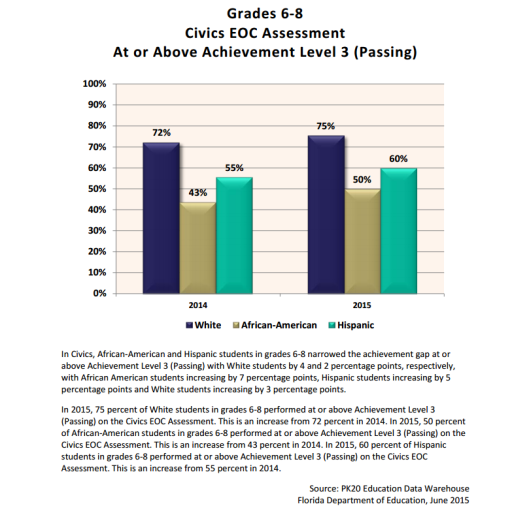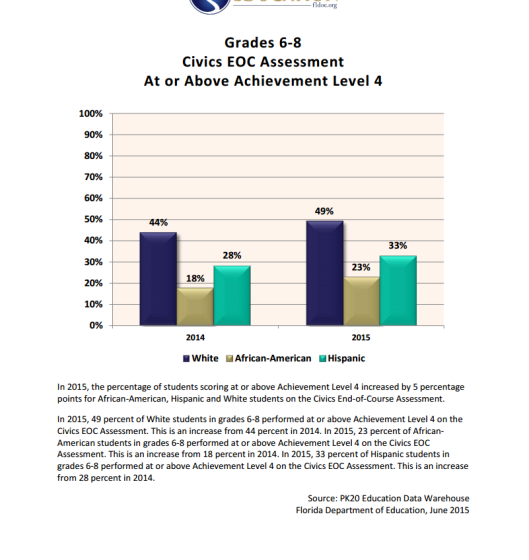Years ago my sister went to an event where they did the most brilliant thing: along with a name tag, attendees selected a color to indicate their interest in social interaction.
One color meant, “I’m very social, please talk to me!” while another indicated simply, “I am having fun, but please don’t talk to me.” I believe there was a level or two in between, but it’s those extremes that stand out in my memory.
I was always a little jealous: just think how handy that color coding would be in every day life.
But here’s the thing: that event my sister attended was for her job as a social worker. The social indicators color coding was done because many of the attendees had mental illnesses which made them, supposedly, less capable than the rest of us of socializing appropriately.
I’m pretty sure that analysis isn’t accurate, though – most of us have trouble socializing appropriately.
Far too many people feel isolated because they don’t know how to find the friendships around them.
Far too many people isolate themselves because they’d rather not have to deal with the madness that is socializing with new people.
(And then there’s the creepers who just ruin it for the rest of us. Seriously, the next time a guy randomly tries to pick me up on the street I’m going to tell him he’s ruining civil society. I bet that’ll smart.)
Meeting new people is hard – especially since “please don’t talk to me” tends to be the default assumption.
But there are ways we can change that.
Several months ago I went to a gaming convention that had an “open chair” policy. That is, any time a group of people were hanging out, they were encouraged to leave an empty chair as a sign that they welcomed more people. It didn’t matter if you didn’t know any one in the group, you were welcome to take the empty chair – provided you brought another chair to welcome whoever came after you.
That was really handy.
So, here’s my proposal: let’s come up with a universal sign. Some non-creepy way of saying, “hey, I want to make friends!”
Especially at events which are supposed to be social in nature. This weekend, for example, hundreds of people will be in Davis for ArtBeat, but, I’d guess, most people will only talk to the people they already know.
Which is unfortunate because ArtBeat should be a great place for meeting new friends.
Somerville is a small, engaged community and I feel like we ought to be able to figure this out. We ought to be able to come up with some way of non-awkwardly show who’s open to talking with strangers.
So, if you’re interested in meeting new people…wear a yellow ribbon or something. I don’t know. Let’s figure it out.













